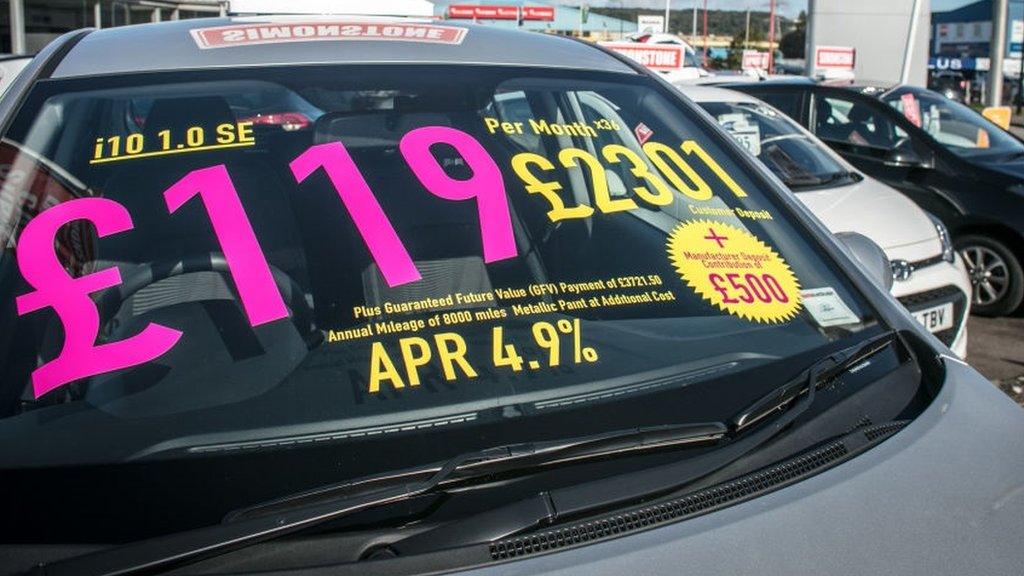Rolls Royce hits record sales driven by new Phantom
- Published

Rolls-Royce Motor Cars sold a record number of cars last year, with sales driven by the new eighth-generation Phantom model.
The BMW-owned company sold a total of 4,107 vehicles, a rise of 5% on its previous record in 2014.
Roll-Royce, which exports more than 90% of its production, said sales grew in all regions.
The company's boss said he was confident about 2019 "as long as it doesn't come to a hard Brexit".
The results come amid a difficult market for the UK car industry. Sales in the UK were sharply lower last year, and production for export has also fallen steeply according to recent figures from the Society of Motor Manufacturers and Traders (SMMT), external.
However, Rolls-Royce chief executive Torsten Müller-Ötvös said: "We are in the luxury goods business. We have clients who have multiple cars in their garages, nobody needs a Rolls-Royce to get from A to B.
"You are commissioning a piece of art when you commission a Rolls-Royce."
But he said the 115-year old firm was also "affected by consumer sentiment changes. We are not immune against any recessionary tendencies, so for that reason I'm also cautiously observing what's happening in the world".
'Helped massively'
The Americas remained the biggest market for Rolls-Royce last year, accounting for 30% of sales.
Sales in China, which accounts for 20% of sales, continued to bounce back, rising by 40% in 2018 compared with 2017.
And about 10%, or 400 cars, were sold in the UK market.
The Phantom "helped quite massively" in delivering that performance said Mr Müller-Ötvös.
The new Phantom, which came on the market at the beginning of 2018, was not the best-selling model but it was the "growth driver" said Mr Müller-Ötvös. The Ghost was the top-selling model.
Overall, sales of Rolls-Royce vehicles were up 20% compared with 2017, however, the Phantom was absent from the market during that year ahead of the launch of the new model at the beginning of 2018.
'No major disruptions'
Rolls-Royce has previously announced preparations for a hard Brexit.
It has brought forward its annual summer shut down to the first two weeks of April, immediately after the UK is due to leave the EU. It has expanded storage space for parts and looked at alternative routes for logistics.
Mr Müller-Ötvös said he was confident about 2019 "given that there are no major disruptions happening worldwide".
"We urge the government to avoid a hard Brexit by all means," he added.
- Published7 January 2019

- Published10 May 2018
